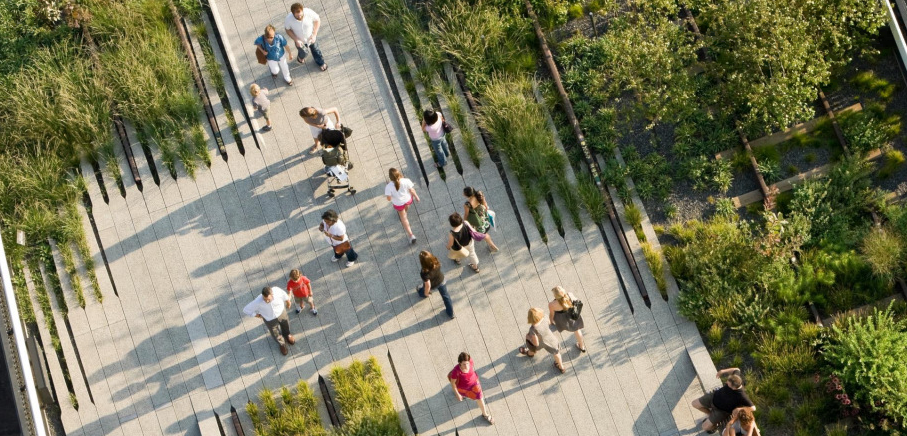Apr 19, 2018
By
Public-Private Collaboration to Enable Transformative Investments in Open Space

Fortaleza Urban Sustainable Development Project is one of the World Bank projects with strong components on improving public urban spaces. Urbanscapes in corporation with the project team, has facilitated a panel on Public Spaces Transformation at the Public Policy at the City Level Seminar, held from March 22-24, 2018 in Brazil.
The city of Fortaleza is located at the country’s Northeast coast and its vision is going through equitable, inclusive and resilient transformation in the long term. This involves: i) key investments in the urban environment, including the rehabilitation of its system of parks and green areas; and ii) innovative solutions for infrastructure financing at the local level, and for an increased participation of the private sector through multiple public-private schemes.
In an effort to advance their development agenda, the city of Fortaleza has reached out to the World Bank to help present relevant sector content to an audience of city officials and policy makers, as part of a seminar held from March 22-24, 2018, on Innovation in Public Policy at the City Level.
Following its mandate to generate and disseminate global knowledge, as well as to provide support to WB operations, World Bank’s Urbanscapes Group has helped the Fortaleza Project Task Team set up a panel on Public Spaces Transformation. Responding to a client demand, Urbanscapes has facilitated the participation of an international consulting firm (HR&A Advisors), whose work involves public-private partnership and shaping public-private collaboration to enable transformative investments in the public realm, especially open space. Connie Chung, the Principal for the HR&A Advisors, showcased the companies recent work during the panel. North American public space transformative projects (e.g. the Highline Park, in New York City, and the park system of the city of Dallas, Texas) were presented as background cases to describe resulting public and economic benefits.
Some of the underlying messages of the presentation were the following:
- First, public spaces are urban infrastructure and create economic value. Second, public-private partnerships enhance and unlock that value. Third, value creation is multi-benefit and long lasting. Finally, equitable public investment leads to better outcomes;
- The fact that parks and open spaces provide enormous benefits to multiple audiences means the public sector has a key role to play in implementing them. What is that role? First, setting goals. Second, establishing and tracking metrics. Third, using its toolkit both to tackle projects directly and also encourage private investment;
- Park benefits go beyond economic benefits – open spaces are “triple-bottom-line” civic investments that create benefits across the city; these can include benefits to public health and safety, the environment, and sustainability. It can improve the “brand” of a city, how a city attracts people not just to visit, but also live, work, and locate their business there. Planning investments in open space amenities, system wide, should be considered based on the desired benefits and values of a given city; and
- There is no one-size-fits-all solution. Social inclusion benefits, neighborhood stabilization, and overall social cohesion are promises that not always result. To achieve inclusive economic gains that also benefit vulnerable populations requires i) upfront planning and ii) long-term commitment.
Fortaleza therefore embarks on a new journey knowing that the answer to critical questions must be pursued: What are city’s goals and its vision for the role parks will play in its growth? How will success be measured? And what policy tools, public funding and financing mechanisms, and public-private partnerships can be used to make those successes happen?
Originally published here
